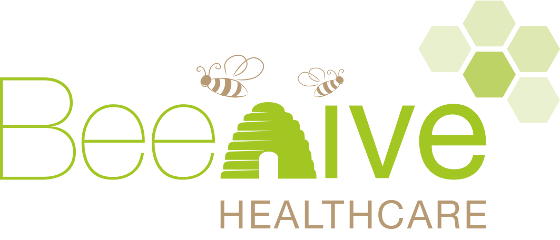Top 5 Acupuncture Questions Answered
Are you interested in acupuncture?
Perhaps you’ve never tried it before and you’re wondering if it’s the right therapy for you?
Or maybe you haven't had a great experience before but are thinking of trying again?
Below are the 5 most common questions we get asked about acupuncture therapy. We always urge you to get in touch with the team to book a consultation or find out more.
1. Who is the ideal candidate for acupuncture?
Acupuncture is suitable for people all ages including infants and the very old. It has been practised for centuries primarily for treatment of conditions (a broad range from arthritis to infertility) but also for preventative measures and sometimes just for its relaxing properties. To ensure that acupuncture is the right treatment, or if you are pregnant, it is always best to get in touch with a therapist for more advice.
There are actually very few strict contraindications to acupuncture and it is normally determined at the discretion of the acupuncturist. It is important to make your professional aware of anything that might influence the needles and positions such as pregnancy. Because the needles used are thinner it is also not a contraindication if you are on anticoagulation medication, although again this should be discussed prior to appointment.
Most practitioners would not recommend acupuncture if you have an active infection or cancer/cancer treatment. This is related to the potential for secondary infection or spread. Otherwise it is often a suitable choice of treatment.
2. Does it hurt?
There is a common, but understandable, misconception that acupuncture will hurt. However, the needles are inserted very lightly and are very fine/thin. They are not akin to the needles used in many medical instances. To give a comparison an acupuncture needle is roughly the width of a hair strand and you could fit around 30 in a needle used to take blood (hypodermic needle).
Although you might feel a slight pinch, insertion of a needle is generally painless and people find it relaxing. Some find that they experience some tingling, pinching, warmth or a temporary aching at the site of the needle, although most feel nothing at all. The variation in people means that some people do experience different sensations so it is important to communicate with your practitioner throughout.
3. Are there side effects?
Whilst there are virtually no negative (or serious) side effects, it is always important to check that your practitioner is adequately trained and licensed and is using the correct, sterile equipment to avoid any chances of infection.
Some people may experience some minor bruising or soreness but mostly it is self correcting and temporary. It is advisable to rest and drink plenty water after a treatment as many people feel fatigued after the release of energy.
4. How many treatments are required?
Everybody’s response to treatment is different as conditions vary in type and severity. Some people feel their symptoms ease after just one session. Typically a practitioner will initially see someone once weekly or once fortnightly but once treatment has finished some people visit less frequently for a top up. Lots of people even access acupuncture as a preventative or 'maintenance' measure.
5. What qualifications should a practitioner have?
As with any treatment, it is important to ensure that your practitioner is fully qualified and licensed to practise. Check that they are either a regulated healthcare professional or a member of a recognised national acupuncture organisation.
Hopefully we have been able to provide you with some basic information, but we’d be delighted to answer any further questions. Drop us an email with any questions or to book an appointment - info@beehivehealthcare.co.uk
Who is our Acupuncturist?
 Mr Mingxing Lin (Wayne Lin) is a fully qualified and experienced Traditional Chinese Medicine (TCM) practitioner who is licenced with Cheshire West and Chester to perform acupuncture here at the Beehive. He is also a member of Association of Chinese Medicine Practitioners and will be able to offer the necessary advice and guidance.
Mr Mingxing Lin (Wayne Lin) is a fully qualified and experienced Traditional Chinese Medicine (TCM) practitioner who is licenced with Cheshire West and Chester to perform acupuncture here at the Beehive. He is also a member of Association of Chinese Medicine Practitioners and will be able to offer the necessary advice and guidance.
Mingxing graduated from the TCM Faculty of Fujian Institute of Traditional Chinese Medicine in 1989, then worked in a hospital as a general director of TCM and a TCM China certified practicing doctor and associate professor for 15 years. He has a wide range of experience and whilst he specialises in acupuncture, can also offer a range of massages.








